Jul
2013
Join th Bowel Movement
1363 – Join the bowel movement
Maria Ann Smith is accorded the honour of being the “Granny” who, back in 1868, first cultivated the Australian apple which bears her name. Granny Smiths, which start off yellow and change to completely green, are one of the best cooking apples with a tart, tangy taste.
However, red apples are more often eaten raw; and right through the month of June we’ve been encouraged to eat a red apple every day – not only for the great health benefits of the fibre and antioxidants they contain – but also to increase awareness of bowel cancer. Because the red apple is the symbol of the Bowel Cancer and Digestive Research Institute and June is Bowel Cancer Awareness Month.
Now in its thirteenth year, this initiative aims to increase awareness of a disease that claims an Australian life every two hours.
Except in medical circles, cancer is probably not a common topic of conversation. But, it makes plenty of sense to know the warning signs and symptoms, where to get help and what treatment options are available. There are many forms of cancer, but what they have in common is that when diagnosed early enough, they can nearly always be cured.
There are nearly 300 new cases of bowel cancer diagnosed every week; it is the second most common of newly diagnosed cancers affecting both men and women and Australia’s second biggest cancer killer after lung cancer.
Nevertheless, Bowel Cancer Awareness Month has a positive message: bowel cancer is preventable, treatable and beatable. When found early it is one of the most curable of all cancers.
In the early stages, bowel cancer often has no symptoms; but blood in the bowel motions, persistent changes in bowel habits (diarrhoea or constipation) frequent “wind” pains and loss of weight for no known reason, should all be investigated by your doctor. If a close relative has had bowel cancer, your own risk increases significantly, and a regular check-up is necessary.
Bowel cancers usually begin as small growths called polyps. Most polyps cause no problems. However, over time, some polyps may become cancerous and their growth is then uncontrolled. It’s important therefore, to remove polyps as soon as they are detected. This procedure is carried out by means of a colonoscope – a long flexible tube which allows the operator (a specialist gastroenterologist) to visually assess the health of the rectum and the colon, and cut out any suspicious bowel tissue for further examination.
Even if a bowel polyp grows and becomes a cancer, all is not lost. In its early stages most bowel cancer can be cured by surgery – and most surgery does not involve a bag or colostomy.
Apart from the existence of polyps, bowel cancer appears to be more common in people whose diet is high in fat, and low in fibre, fruit, vegetables. Smoking and excess alcohol consumption may also add to the risk.
So while just crunching one red apple a day may not always keep the doctor away, we certainly need to eat more fruit and vegetables. We also need to limit our alcohol intake to no more than two drinks a day and we should definitely not smoke. It seems regular physical activity can also help reduce the risk.
The Pharmacy can provide the Pharmaceutical Society’s Self Care material and can give you more information about bowel cancer. “Fact cards” titled Fibre and Bowel Health and Fat and Cholesterol contain some great hints on not just how to keep your bowel healthy, but also how to keep the rest of your body fit and well too.

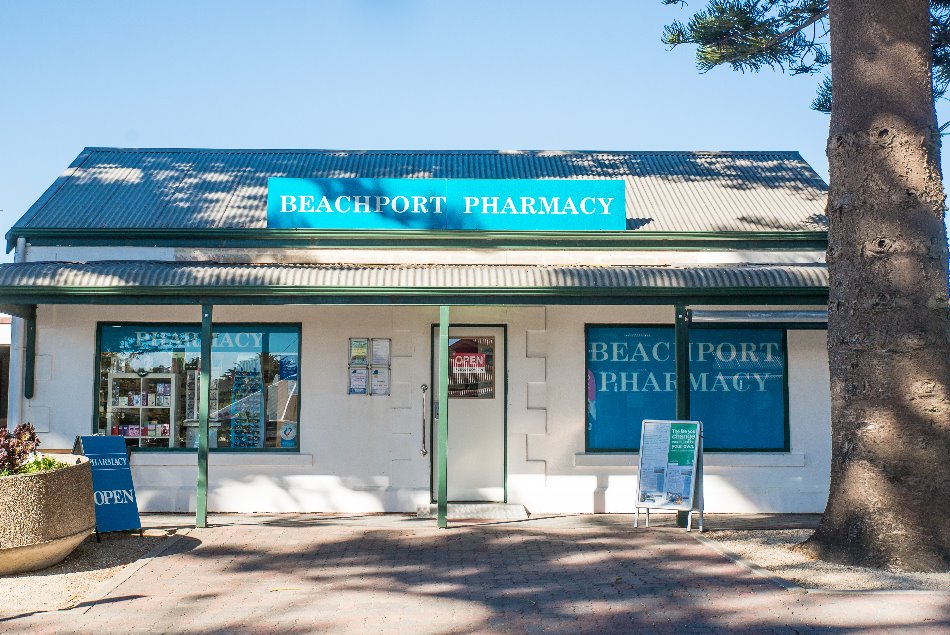


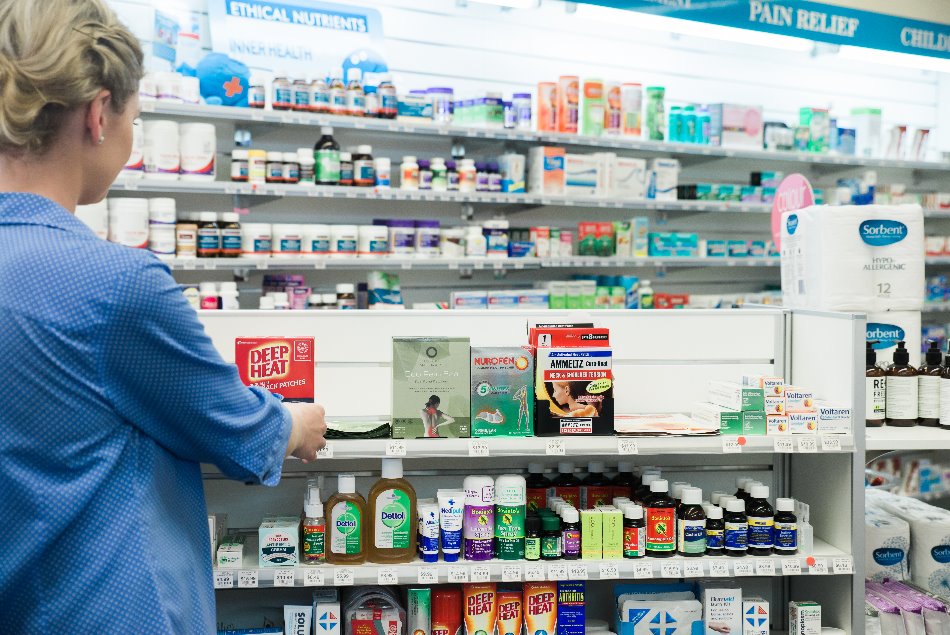






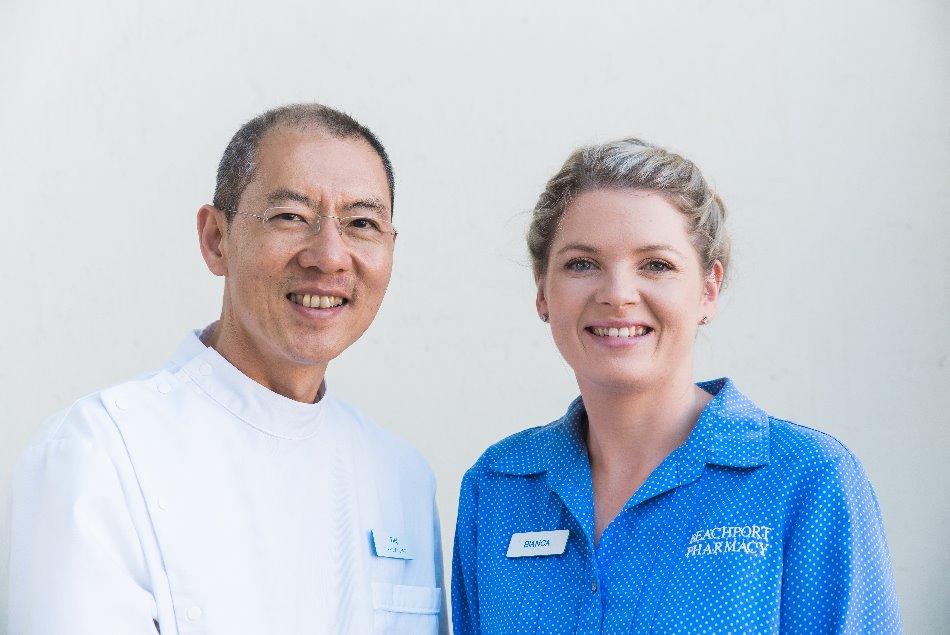

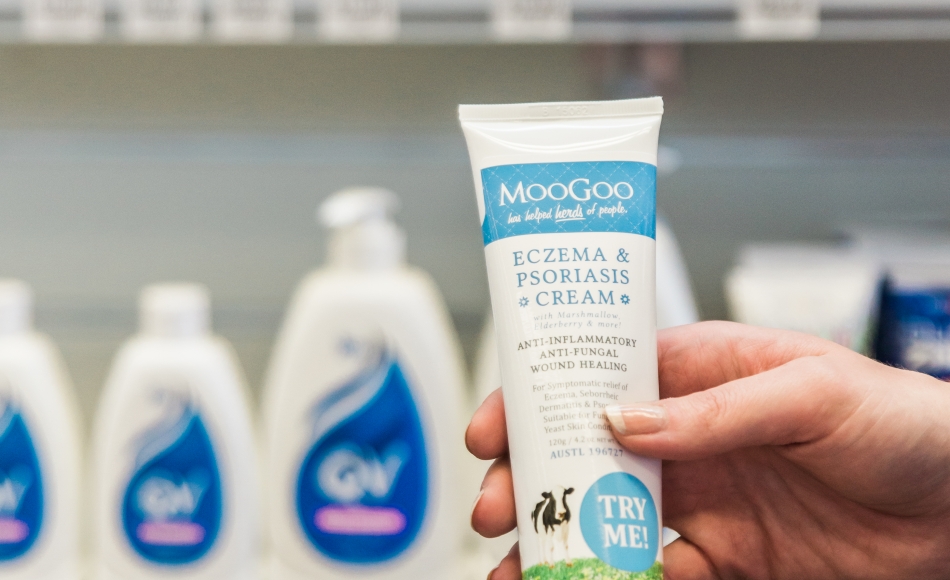
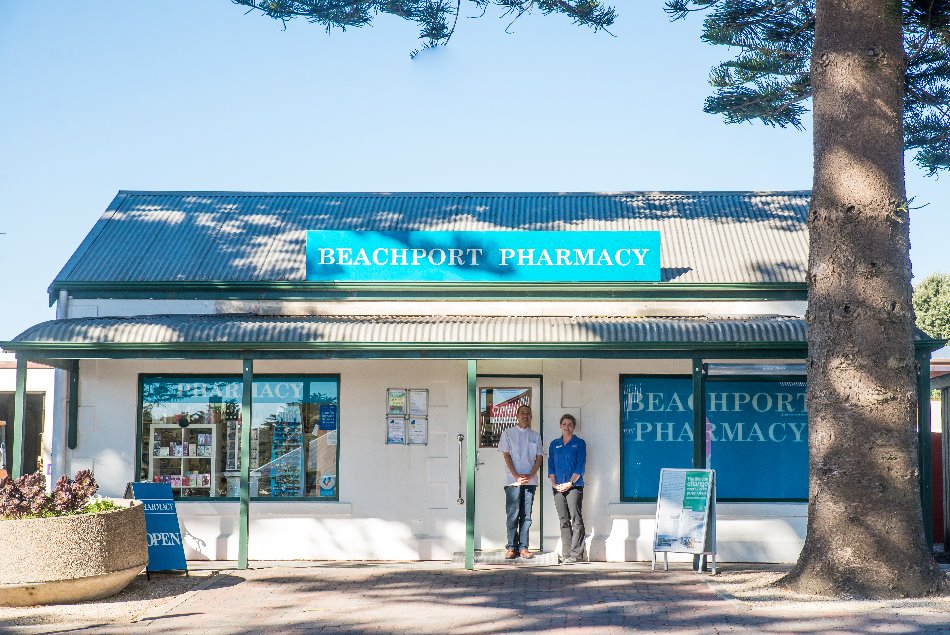



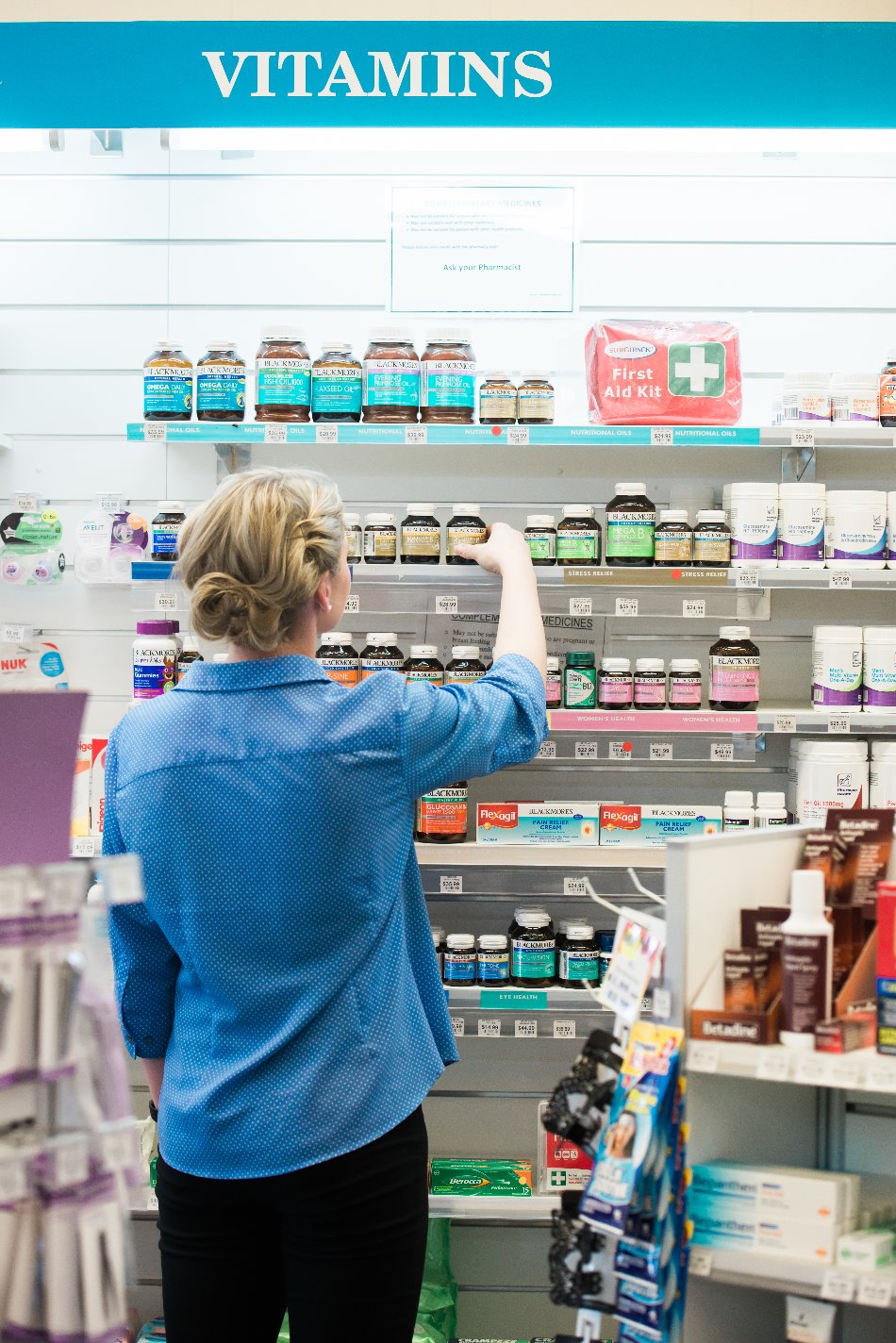
There are no comments yet for this post.